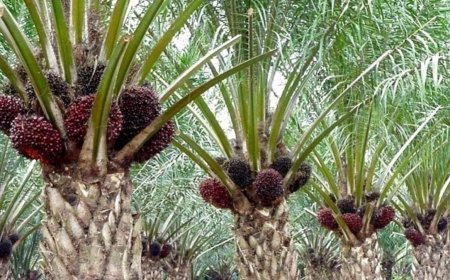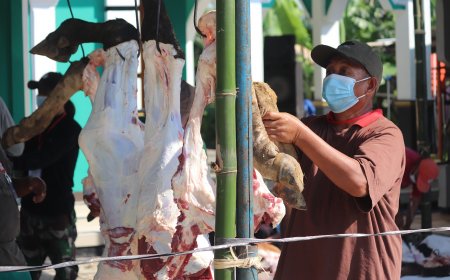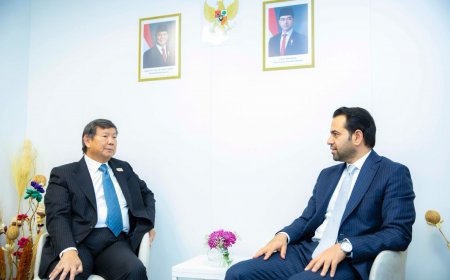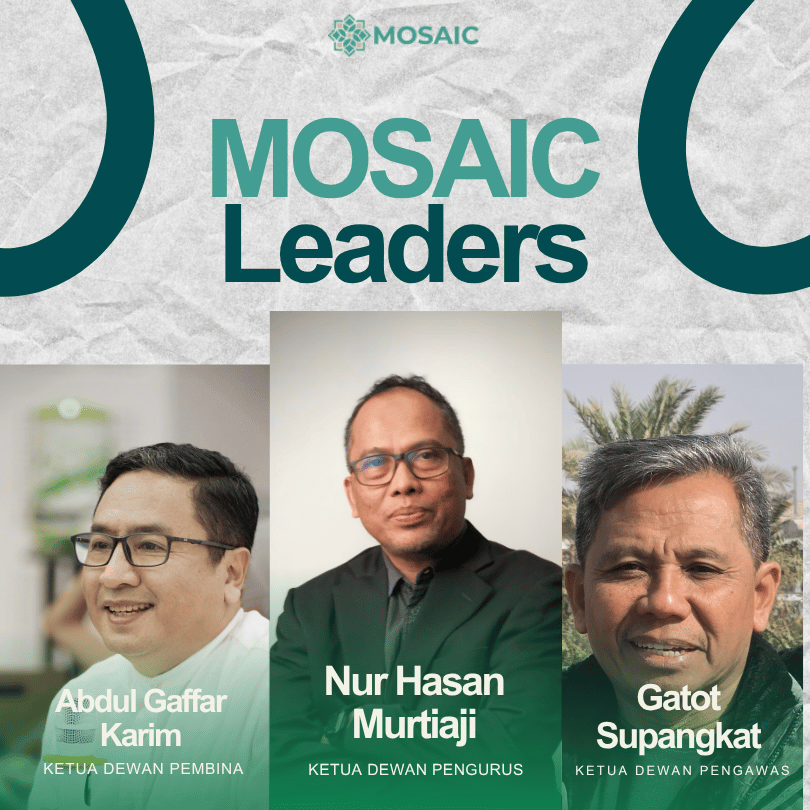Ecotheology implemented in Waqf Forest
Waqf forests are considered to be able to absorb carbon, preserve biodiversity and support the surrounding communities.
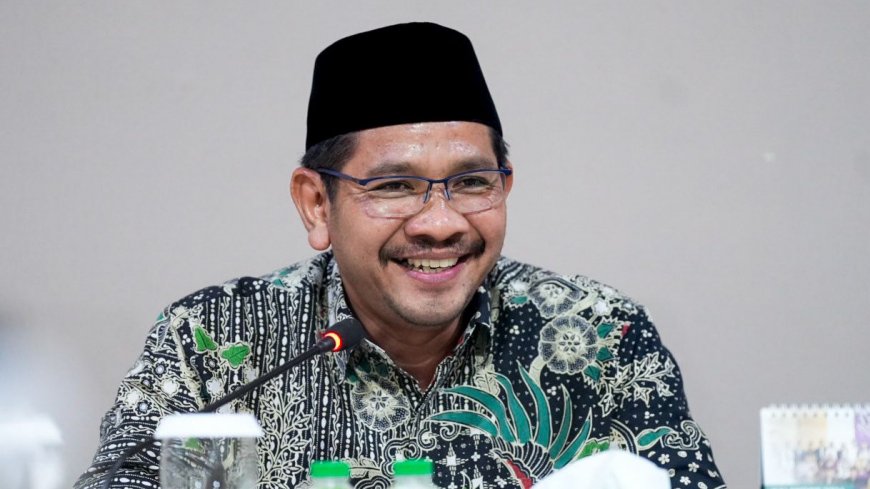
MOSAIC-INDONESIA.COM, JAKARTA — Director General of Bimas Islam of Ministry of Religious Affair Abu Rokhmad affirms that the waqf forest is a manifestation of ecotheology - combaining principles between theology and ecology which become Kemenag campaign. Through the waqf forest, he said, the blended of worship, social responsibility and ecological concern takes place.
Not only that, the waqf forest is able to absorb carbon, maintain biodiversity and support the surrounding communities. “It is not only an 'afterlife investment', but also a world solution—a Green Waqf that bridges heaven and earth,” Abu Rokhmad said at th Charity Dinner entitled 'Ecotheology in Action, Green Waqf Movement for Sustainable Forest Preservation, 'at the Ministry of Religious Affairs (Ministry of Religious Affairs), Jakarta, Tuesday (23/4/2025).
He said that the green waqf for sustainable forests is not just a ceremony. More than that, the movement is an important step in the pursuit of civilization: planting hope on a land almost arid by greed and planting faith amid forests screaming by deforestation.
Check out this post on Instagram
He also cited Forest Watch Indonesia's 2024 report that Indonesia loses an average of 2.54 million hectares of forest each year or the equivalent of six football fields lost every minute. “This is not a mere number; it is the lament of the earth losing its breath,” he said.
Even more heartbreaking, he said, almost the entire archipelago — from Borneo, Papua, Sumatra, Sulawesi, Maluku, Bali, Nusa Tenggara, to Java — bears the scars of human domination of nature. By 2023, he said, Indonesia will have to lose more than one million hectares of primary forest, which is equivalent to 842 million tonnes of carbon dioxide emissions.“Unconsciously, we are digging a hole of ecological crisis that could be the burrow of our own civilization,” Abu Rokhmad added.
As the earth warms, he said, the fields also molt. He revealed that the food crisis is becoming more real with droughts, floods, and extreme weather eating away at food barns.
“The losses of the agricultural sector in 2022 alone reached IDR 10 trillion, not including the burden of food prices that skyrocketed to 14.2%. The world is moving towards a future full of scarcity, and Indonesia is no exception,”he said.
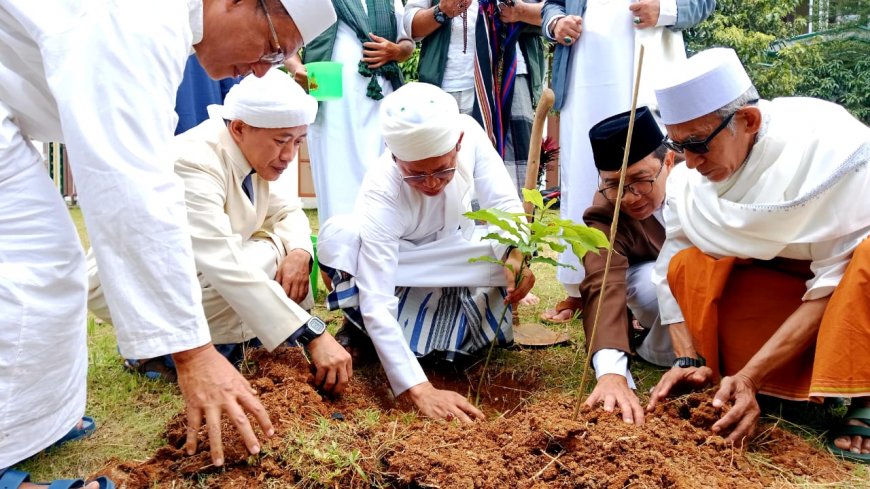
For this, Abu Rokhmad appreciates all those who have committed themselves to caring for the forest. According to him, the development of the Waqf Forest movement is the result of collaboration with the Directorate General of Guidance of Islamic Societies, through the Directorate of Zakat and Waqf Empowerment, the Indonesian Waqf Agency (BWI) and Moslem for Shared Action on Climate Impact (MOSAIC), which is based on the Asta Protas of the Ministry of Religious Affairs of Ecotheology.
He hopes that the move continues to be contagious so that it becomes a national movement that saves the earth with sharia values.“Let us revisit the spirit of Islam as a religion that not only teaches prayer and zakat, but also preserves trees, protects water, and respects life. Let's make the forest waqf a real form of worship that touches the ground and the sky at the same time,” he said.

